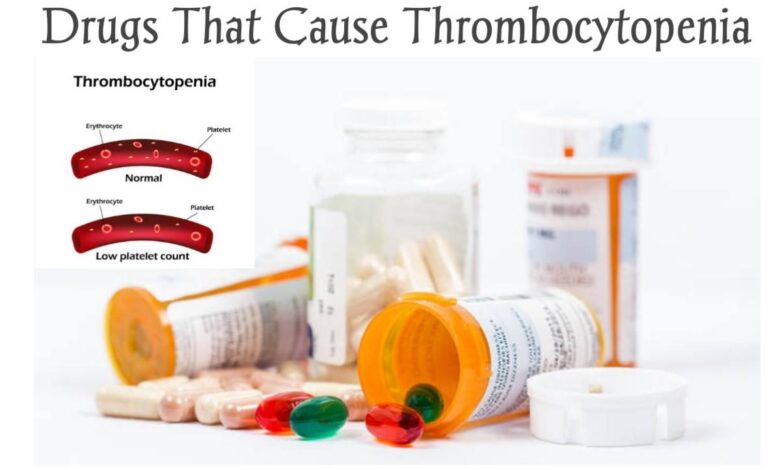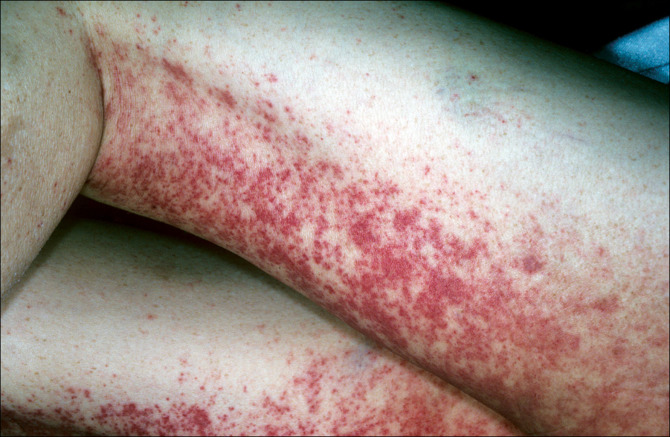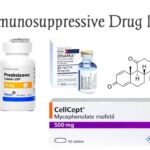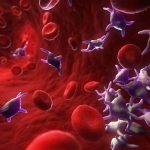List Of Drugs That Can Cause Thrombocytopenia

Bone marrow is the soft, spongy tissue inside bones that makes all blood cells including platelets. People who have thrombocytopenia don’t have enough platelets to form a blood clot. If you get a cut or other injury, you may bleed too much and the bleeding can be hard to stop. Thrombocytopenia can affect people of all ages, races and genders. For unknown reasons, approximately 5% of pregnant women develop mild thrombocytopenia right before childbirth.
Drug-induced thrombocytopenia occurs when certain medicines destroy platelets or interfere with the body’s ability to make enough of them.
There are two types of drug-induced thrombocytopenia: immune and nonimmune.
If a medicine causes your body to produce antibodies, which seek and destroy your platelets, the condition is called drug-induced immune thrombocytopenia. Heparin, a blood thinner, is the most common cause of drug-induced immune thrombocytopenia. If a medicine prevents your bone marrow from making enough platelets, the condition is called drug-induced nonimmune thrombocytopenia. Chemotherapy drugs and a seizure medicine called valproic acid may lead to this problem.
Other medicines that cause drug-induced thrombocytopenia include:
- Furosemide
- Gold, used to treat arthritis
- Nonsteroidal anti-inflammatory drugs (NSAIDs)
- Penicillin
- Quinidine
- Quinine
- Ranitidine
- Sulfonamides
- Linezolid and other antibiotics
- Statins

How is drug-induced thrombocytopenia treated?
The primary treatment for drug-induced thrombocytopenia is to discontinue the suspected causative agent. Patients experiencing life-threatening bleeding may benefit from intravenous immunoglobulin (IVIG) therapy, plasmapheresis, or platelet transfusions.
Table Showing Examples of medicines associated with drug-induced immune thrombocytopaenia
| Medicine Classification | Examples of Implicated Medicines |
| Antibiotics | Cephalosporins, linezolid, penicillins, sulphonamides, trimethoprim, vancomycin |
| Antimalarials | Quinine |
| Antimycobacterials | Ethambutol, rifampicin |
| Antiepileptics | Carbamazepine, phenytoin, sodium valproate |
| NSAIDs | Ibuprofen, naproxen |
| Cardiovascular drugs | Abciximab, amiodarone, eptifibatide furosemide, quinidine, thiazides, tirofiban |
| Vaccines | Diphtheria, Tetanus, Pertussis (DTaP), Haemophilus influenzae type B, Influenza, MMR, pneumococcal, varicella zoster |
| Others | Haloperidol, paracetamol, irinotecan, mirtazapine, oxaliplatin |





